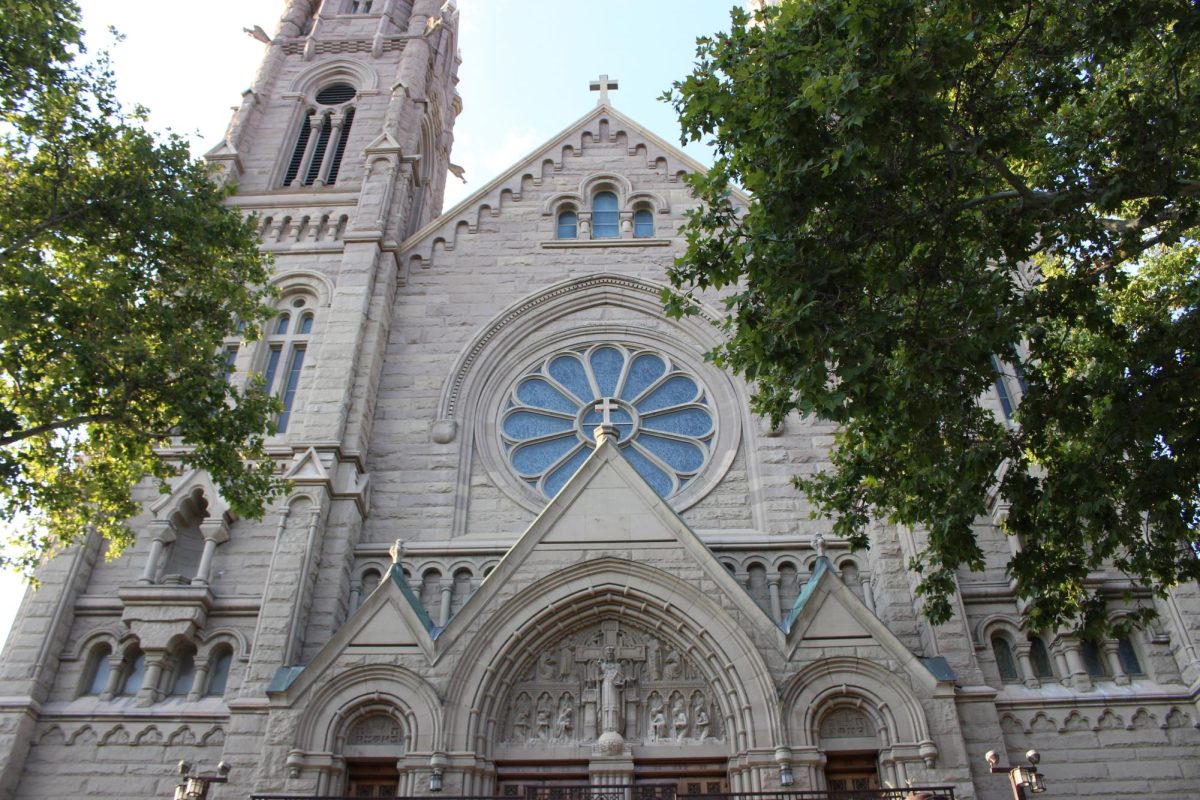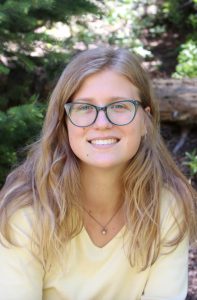Free exercise of religion is vital for people of all religions to thrive in society. S.B. 150, a Religious Freedom Restoration Act, will provide legal protections related to the free exercise of religion in Utah.
However, in a state notoriously dominated by the Church of Jesus Christ of Latter-day Saints, free exercise of religion isn’t enough. The state must work towards a disestablishment of church and state and implement religious literacy curricula. This would allow for greater freedom and less discrimination for people of all religious affiliations and atheists.
Today’s Religious Climate
In 1993, the Supreme Court prohibited federal law from enforcing undue burden on individuals exercising their religious freedom. A 1997 decision declared these protections only applicable to federal law, not state or local law. S.B. 150 extends these protections to Utah law.
Many have called the United States at once profoundly secular and profoundly religious. People within the country are disaffiliating themselves more from various religious groups. But the U.S. still needs space for religious freedom in legislation, as well as a climate that allows for this freedom to thrive.
In Utah, this would mean, in part, having conversations about religion that don’t revolve around the LDS church. While recent research found that Utah is no longer majority LDS, the religion still controls aspects of the state legislature. The bills the Utah legislature has passed and proposed this session exhibit extremely Christian values.
H.B. 269, for example, proposed that all Utah schools display the Ten Commandments. Lawmakers modified the bill to be unrecognizable from the first draft, but the updated bill, which passed, is still problematic. It implies that the text of the Ten Commandments is essential in U.S. history. But it’s simply an aspect of some religions — notably, Christian denominations, which comprise the majority of Utah legislators’ beliefs.
The RFRA Bill
According to Sen. Todd Weiler, S.B. 150’s sponsor, “this legislation may do more to help Muslims and Jews in Utah than it does to help members of the Church of Jesus Christ of Latter-day Saints.”
However, due to Utah’s lack of clear separation of the LDS church from the state, Utahns may not be convinced that legislators truly seek to protect religious minorities. Utahns must start somewhere, and S.B. 150 is a good step forward. But it’s only a step.
Some have also raised concerns about the bill. Utah’s predominantly LDS lawmakers and governor could use the bill not to protect minority religions but to favor individuals who exempt themselves from anti-discrimination laws. For example, religious principles currently offer Brigham Young University, as a private religious institution, certain loopholes for discrimination, especially against LGBTQ+ students.
Ellie Menlove of ACLU Utah said the bill could “permit individuals to argue that their religious beliefs don’t align with laws that prohibit discrimination.”
Brandon Peterson, an associate professor of religious studies at the University of Utah, echoed the potential tension between religious freedom and anti-discrimination laws.
“There are controversies that arise precisely because of these thorny interactions with anti-discrimination laws,” he said. “It always gets really tricky when you have two goods that end up not coalescing.”
Making Space for Freedom
In their book “Love the Sin,” Janet Jakobsen and Ann Pellegrini argue that the free exercise of religion isn’t enough without disestablishment, which the U.S. doesn’t have as Christianity is the “de facto established state religion.” The Constitution’s First Amendment prohibits the government from favoring one religion (or non-religion) over another. However, the country has witnessed the Supreme Court repeatedly favoring Christian denominations over other religions.
In Alabama, for example, the Supreme Court allowed the execution of a Muslim man, Domineque Ray, without the presence of his religious advisor. The state routinely permits Christian chaplains to be present.
For everyone to enjoy equal religious freedom, governments must enact fairness in religious cases. As the Supreme Court has acknowledged, an absolute separation of church and state may not be possible, but the U.S. government’s preference for Christianity couldn’t be more obvious.
Utah is religiously diverse, but the legislature hardly reflects non-LDS religions. The state’s governing body must represent more of the many Utahns who belong to other faiths. The LDS church must also step back from lobbying.
Utahns need to work towards a society of robust religious pluralism. Pluralism is not the simple fact of religious diversity. It requires that individuals and communities protect each other’s rights and freedoms and engage with each other, acknowledging differences while recognizing common ground.
Peterson mentioned the importance of collaboration and dialogue among people of different religions, “not just having different groups that are siloed and reacting against each other.”
The more Utahns facilitate positive interreligious interaction, the more they can be themselves “in a way that isn’t just defined over and against everybody else because the other doesn’t seem quite as strange or foreign or dangerous,” Peterson said. “They can be themselves on their own terms.”
Religious literacy in schools can help make this possible. It would entail a basic understanding of many of the world’s different religious traditions and their social, political and cultural expressions and contexts. This would help Utahns understand and engage thoughtfully with each other. It would also reduce biases and discrimination, making true religious freedom more feasible.
Utahns must address religious discrimination, including Islamophobia. However, they must not only discuss religion through this lens — they must learn about their neighbors’ beliefs and practices.
“They’re not abstract, doctrinal beliefs that are held,” Peterson said. “It’s a way of life, it’s something that shapes a person’s worldview and how they live.”
Free exercise of religion under bills like Utah’s S.B. 150 cannot ensure true religious freedom when the state simultaneously favors Christian denominations. Utahns must commit to cultivating an environment of safety and freedom for diversity to thrive.

















